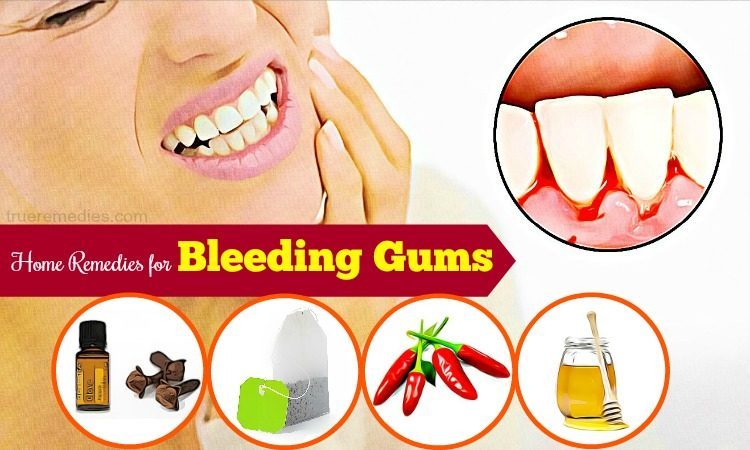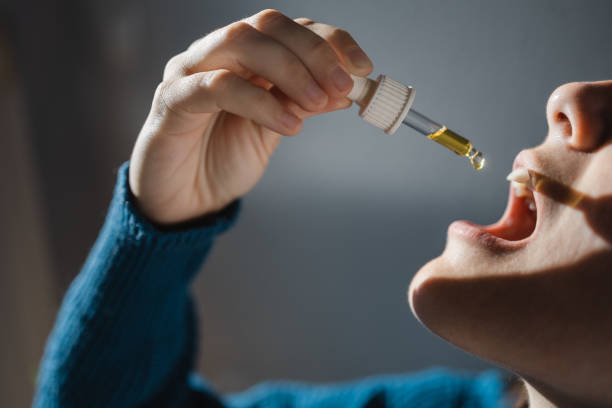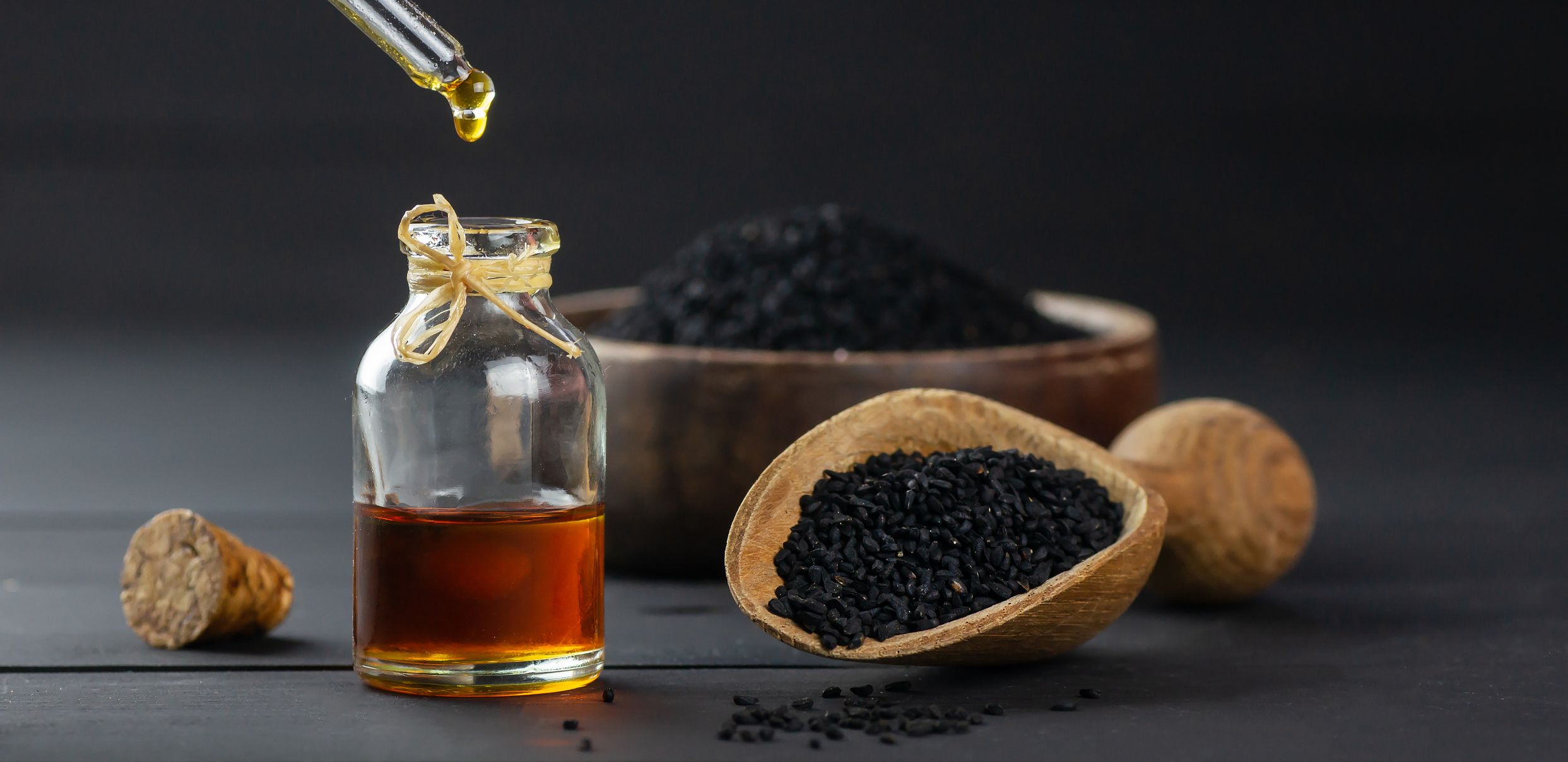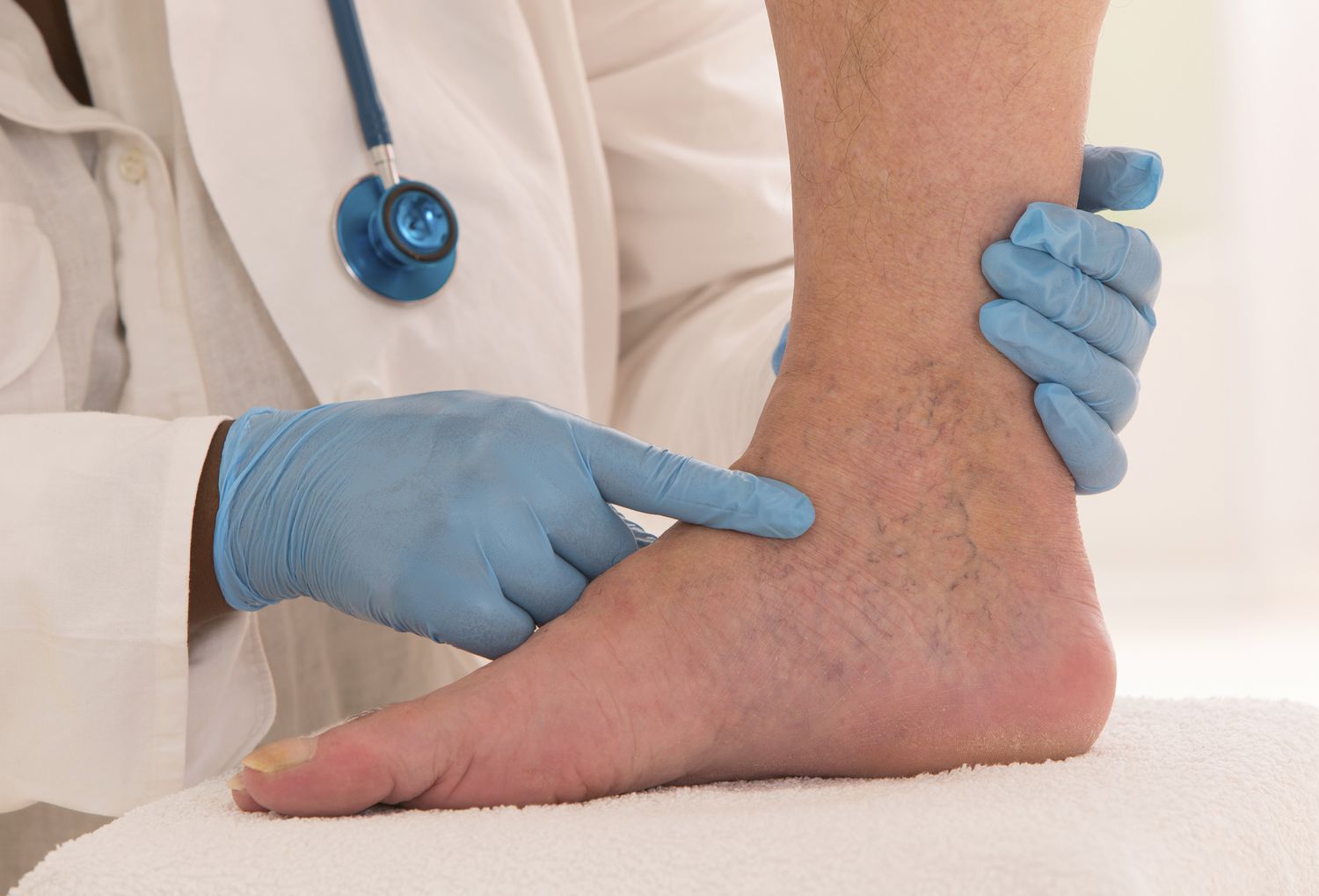How to Treat Gum Disease Naturally at Home
Gum, or periodontal disease, is a common dental condition that can lead to discomfort, pain, and even cause tooth loss. Luckily, numerous natural home remedies are there that may help you to control gum disease and improve oral health. In this article, we will explain to you what gum disease is, how it develops, and explore effective natural treatments you can try at home. So keep reading and stay connected with us to get healthier gums and shiny teeth.
What Is Periodontal Disease and its Symptoms?
Periodontal disease is an infection of bones and gums. Your bones and gums grip the teeth tightly to make them stronger. Mostly it begins as gingivitis (the early stage of gum disease), where bacteria lead to gum swelling and irritation. Some signs of gingivitis are:
- Inflamed and red or inflamed gums
- Swollen and tender gums
- Bleeding while flossing or brushing
Gingivitis can worsen if you ignore its symptoms and leave it untreated and lead to more advanced gum disease. The bacteria expand deeper between your teeth and gums, turning into periodontal pockets. As these pockets grow deeper, the bacteria cause further damage to bone, gum tissue, and even teeth. If you do not take it seriously and don’t follow any treatment regimen, this condition can sooner or later result in tooth loss.
8 Natural Remedies for Gum Disease
Many natural remedies can aid in managing your gum disease, reducing symptoms, and supporting healthier gums. Here we are providing you with eight remedies you can try to get your gums healthier back so keep reading and explore the world of nature:
- Oil Pulling
Oil pulling is a traditional remedy in which you need to swish 1 tablespoon of sesame oil, coconut oil, or castor oil in your mouth for 15-20 minutes every day. The oil locks pathogenic (harmful) bacteria, which are eradicated when you spit it out. This practice may help minimize plaque buildup and progress gum health with time. - Salt Water Rinse
Salt-water rinses can minimize gum swelling and combat bacteria in the mouth. You can make this easy recipe with just one ingredient that salt (present in every home) with water. Simply, mix well 1 teaspoon of salt with a cup of warm water, and rinse your mouth comprehensively 2 to 3 times daily. This simple solution facilitates the ease of bad breath, gum inflammation, and bleeding gums. - Tea Tree Oil
You must use tea tree oil for acne problems because this amazing oil has antifungal, anti-inflammatory, and antibacterial properties, so it can be used against gum infections. For this useful remedy you need to make a mixture of tea tree oil (1 teaspoon) with one cup of lukewarm water and swish it around your mouth. You can also apply it directly to your gums with a cotton swab to combat bacteria and minimize swelling. - Turmeric Paste
Turmeric has curcumin, a compound with antibacterial and anti-inflammatory properties. Make a mixture of turmeric powder with a little amount of water to make a paste, and apply it directly to your affected gums with a cotton swab. It will help fight bacteria and soothe swollen gums. - Aloe Vera Rinse
Aloe vera gel has anti-inflammatory and soothing effects and can assist in controlling bacterial growth in your mouth. Make a mixture of pure aloe vera gel (1 teaspoon) with lukewarm water, and wash your mouth multiple times a day to support healing and minimize gum swelling. - Hydrogen Peroxide Mouthwash
Hydrogen peroxide is a natural antiseptic that has the ability to kills bacteria. Dilute 3% hydrogen peroxide with equal amount of water to create a mouthwash and rinse your mouth for 30 seconds. Repeat 2 to 3 times a day to help deal with gum infections and minimize plaque. - Vitamin C
Vitamin C supports your immune system and assists in reducing gum inflammation. Elevating your intake of foods rich in vitamin C, including bell peppers, oranges, and strawberries, can help healthier gums. On the other hand, you can consume vitamin C supplements to manage your gum health. - Sage Mouthwash
Sage has antiseptic and anti-inflammatory benefits and it has been used in traditional medicine for centuries. Add 1 teaspoon of dried sage leaves in water and boil it to make a sage mouthwash. Rinse your mouth with this solution after let it cool for a few minutes daily to ease your gums and get rid of bacteria.
When to See a Dentist
Indeed, natural remedies can facilitate managing your gum disease, so it is crucial to make an immediate appointment with your dentist if you experience severe symptoms or don’t see progress. Your dentist can diagnose the condition correctly and recommend suitable treatments, including medications or deep cleaning, to stop further damage.
Tips to Improve Gum Health
Practicing home remedies, can improve your gum health and lessen the risk of gum disease:
- Eat a Balanced Diet: A diet that contains vegetables, fruits, and whole grains promotes healthy gums. Consume sugary foods and drinks in limited amount to avoid gum infection and cavities.
- Keep Away from Tobacco Products: Smoking or using tobacco raises the risk of gum disease. If you quit smoking or consuming tobacco it will automatically enhance your gum health.
- Practice Good Oral Hygiene: Brush your teeth two times a day with a fluoride-containing toothpaste and a soft-bristled toothbrush. Floss every day to take out plaque and food particles present between your teeth.
- Visit Your Dentist Often: Regular dental checkups and cleanings are crucial for identifying early signs of gum disease and preventing it from progression.
Conclusion
Gum disease can be managed with accurate care, and natural remedies such as oil pulling, salt water rinses and aloe vera can support gum health and help ease symptoms. However, these remedies can’t be replaced by professional dental treatment. A healthy diet, good oral hygiene, and regular visits to your dentist will go a long way in keeping your gums healthy and stopping gum disease from aggravating. If you notice signs of gum problems, seek advice from a dental professional








